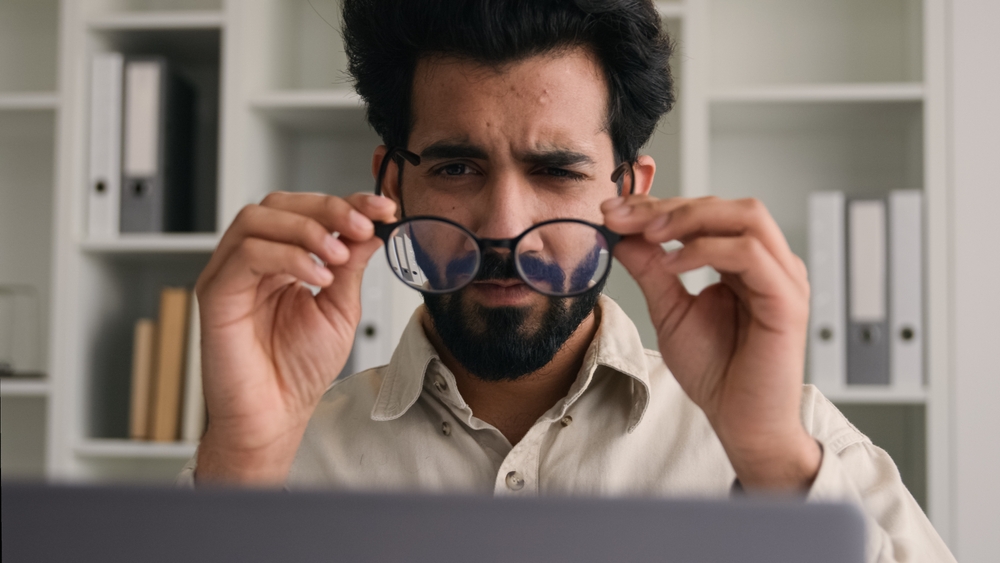
Exploring Myopia Management Techniques for Clearer Vision
Myopia, also known as nearsightedness, is a common refractive error that affects millions of people worldwide. As the prevalence of myopia continues to rise, it's essential to understand the condition, its risks, and the effective management techniques available to help you maintain clear vision.
What is Myopia and How Does it Develop?
Myopia is a condition where the eye is unable to focus light properly, causing distant objects to appear blurred while close-up objects remain clear. This occurs when the eyeball is too long, resulting in light being focused in front of the retina instead of directly on it.
The development of myopia is influenced by a combination of genetic and environmental factors. Prolonged exposure to close-up activities, such as excessive screen time or reading, can contribute to the progression of myopia, especially in children whose eyes are still developing.
Regular comprehensive eye exams are crucial for the early detection and management of myopia. During these exams, your optometrist can measure the refractive error of your eyes and monitor any changes over time. Early intervention is key, as it can help slow or even halt the progression of myopia, reducing the risk of associated complications.
Risks of Untreated Myopia
If left untreated, myopia can lead to a range of vision-threatening complications, including:
• Increased Risk of Eye Diseases: Myopia is associated with a higher risk of developing conditions such as retinal detachment, glaucoma, cataracts, and myopic macular degeneration, which can potentially lead to vision loss.
• Difficulty with Daily Activities: Uncorrected myopia can make it challenging to perform everyday tasks, such as driving, reading, or participating in sports, due to the blurred vision.
• Impact on Quality of Life: Untreated myopia can have a significant impact on an individual's quality of life, affecting their ability to work, study, and engage in leisure activities.
Exploring Effective Myopia Management Techniques
Orthokeratology, also known as Ortho-K, is a non-surgical treatment that utilizes specially designed rigid gas-permeable contact lenses to temporarily reshape the cornea. These lenses are worn overnight, and by gently flattening the cornea, they correct refractive errors like myopia. The result is clear vision throughout the day without the need for glasses or daytime contact lenses.
Atropine eye drops have emerged as another promising option for myopia management. Atropine is a medication traditionally used to relax the eye’s focusing muscles, but in lower doses, it has been shown to effectively slow the progression of myopia in children. Studies indicate that atropine reduces elongation of the eyeball, which is the underlying cause of myopia. Atropine drops are typically used in conjunction with other treatments like Ortho-K or multifocal lenses for optimal results. I
Multifocal lenses, available in both glasses and contact lens options, offer another effective solution for managing myopia progression. These lenses incorporate different powers across various zones of the lens, allowing for both near and distant vision correction. Studies indicate that multifocal lenses can slow myopia progression by altering how light focuses on the retina, thereby reducing the stimulus for further elongation of the eye.
In addition to these treatments, lifestyle changes can play a crucial role in managing myopia. Encouraging children to spend more time outdoors and reducing screen time are both recommended by eye care professionals. Outdoor exposure to natural light has been linked to a lower risk of developing myopia, and regular breaks from close-up activities, such as reading or using electronic devices, can alleviate eye strain.
Schedule a Comprehensive Eye Exam with Motiveyes Eye Care Today
By combining regular eye exams, early intervention, and the use of innovative myopia management options, you can take proactive steps to maintain clearer vision and reduce the risks associated with this condition.
At Motiveyes Eye Care, Dr. Mina is dedicated to providing personalized myopia management solutions to help you achieve and maintain clearer vision. Visit our office in Plano, Texas, or call (469) 656-8361 to schedule your comprehensive eye exam and learn more about the myopia management techniques that can benefit you.















